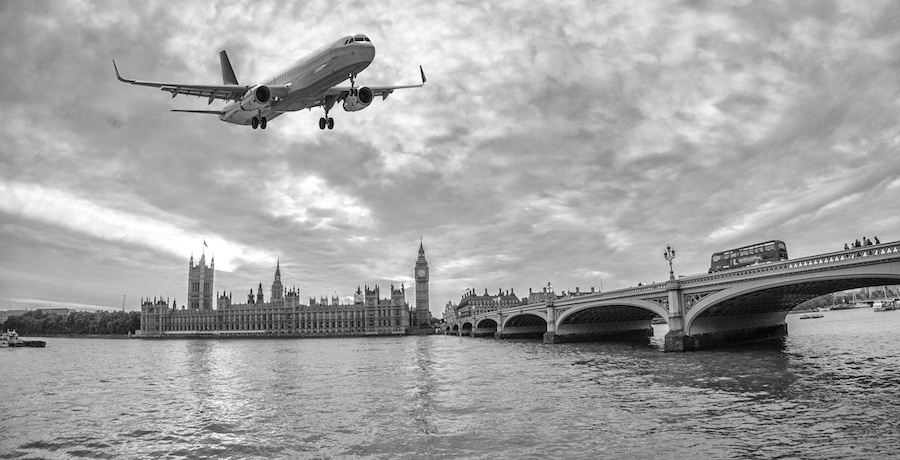The UK government has once again postponed the decision whether to expand Heathrow airport. A decision on whether to give Heathrow its’ much awaited third runway was supposed to be announced at the end of 2015. This has now been pushed back to the summer of 2016.
The delay has reached its’ fifteenth year and the debate about whether the expansion should go ahead or not is more contested than ever. This most recent delay has led to frustration on both sides of the Heathrow expansion debate. The government has indicated that the delay will allow the possible environmental consequences of a third runway to be examined further.
Others believe that the decision to delay is the result of crude political calculation. The conservative London Mayoral candidate for 2016, Zac Goldsmith, has publicly stated his opposition to the plans for expansion. With the elections in May such open disagreement with government policy could hamper the conservative campaign.
The decision to expand Heathrow was propelled by an investigation carried out by Sir Howard Davies, who published his findings in July. The Davies report concluded that a Heathrow expansion was the preferred option to increase the UK’s aviation capacity, stating this would bring the greatest amount of economic prosperity. However it did not completely dismiss two other proposals for UK airport expansion, including the building of a second runway at Gatwick airport and the enlargement of Heathrow’s existing second runaway.
Whilst both of the alternative plans for expansion would ultimately meet some of the aims the government hopes to achieve by developing UK flight capacity, there are significant targets that would not be reached should either of these plans be made a reality. A decision to expand Gatwick would mainly lead to increases in European flights and would therefore not substantially aid UK overseas trade. The lengthening of Heathrow’s second runway would be the most damaging environmentally, leading to the further concentration of air and noise pollution in an area that already has high levels of pollution.
With these considerations in mind the commission has advocated a third Heathrow runway, but in conjunction with certain restrictions, such as a ban on night flights and a limiting of noise pollution that will benefit those in neighbouring communities.
Business leaders have certainly made their feelings clear about the decision to delay. The CBI said the delay was “deeply disappointing” and the British Chamber of Commerce said the governments decision was “gutless”. Business leaders have emphasised the need for Britain to be able to reach developing global competitors such as Brazil and China.
Adverse environmental data could be the source of business leaders’ woes. The environmental impacts of air space development are frequently cited by influential political opponents of the plans, including Boris Johnson and Zac Goldsmith. The decision to delay expansion has come at a time when climate change is high on the government’s agenda. The winter storms in the North of England have acted as a reminder that climate change is not only the problem of islands in the Pacific.
Consequences of Heathrow Expansion
Any plans for airport expansion would have some environmental consequences including:
- Increased nitrogen dioxide levels from traffic
- Noise pollution
- Heightened risk of overstepping EU pollution laws
- Rise in CO2 caused by airplane emissions
The announcement to delay the decision was not an unexpected one for business leaders. It was reported last month that the cabinet was falling behind in reaching a verdict. The issue is now becoming a matter of conscience for politicians. However this hasn’t made the government’s latest decision to delay any less frustrating, especially since the Transport Secretary has indicated that timetabling for a decision could move beyond the summer of 2016.
Business leaders believe that indecision is costing UK jobs and vital trade, with some suggesting that a diminishing of Britain’s standing in the world is the price that is being paid for these delays.
The building of a third runway at Heathrow looks likely to get approval, but with stringent limitations recommended by the Airport Commission.








